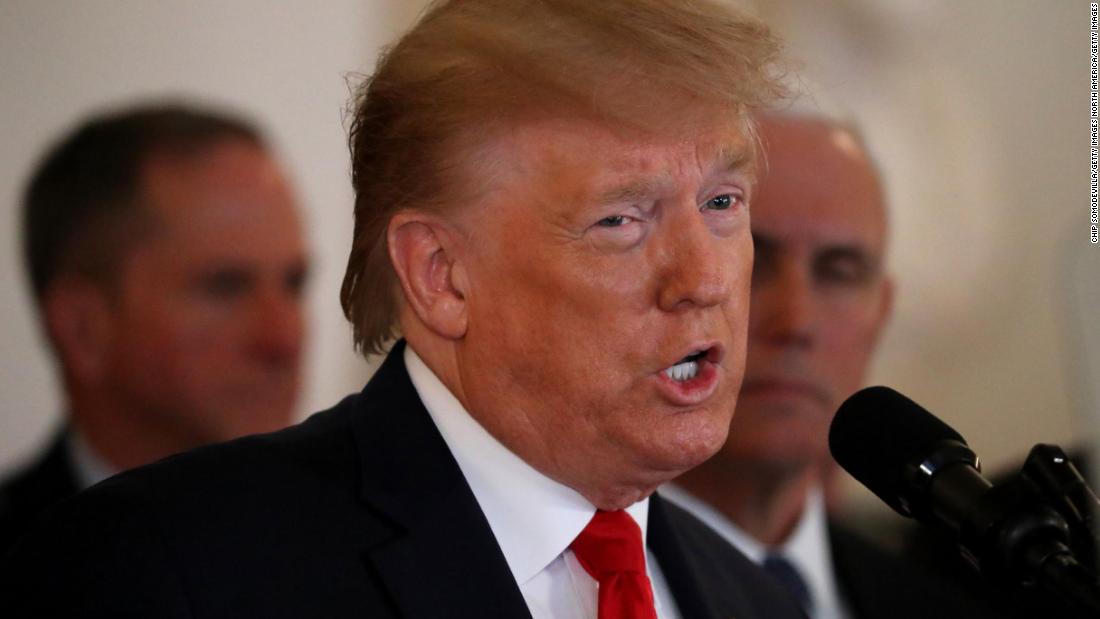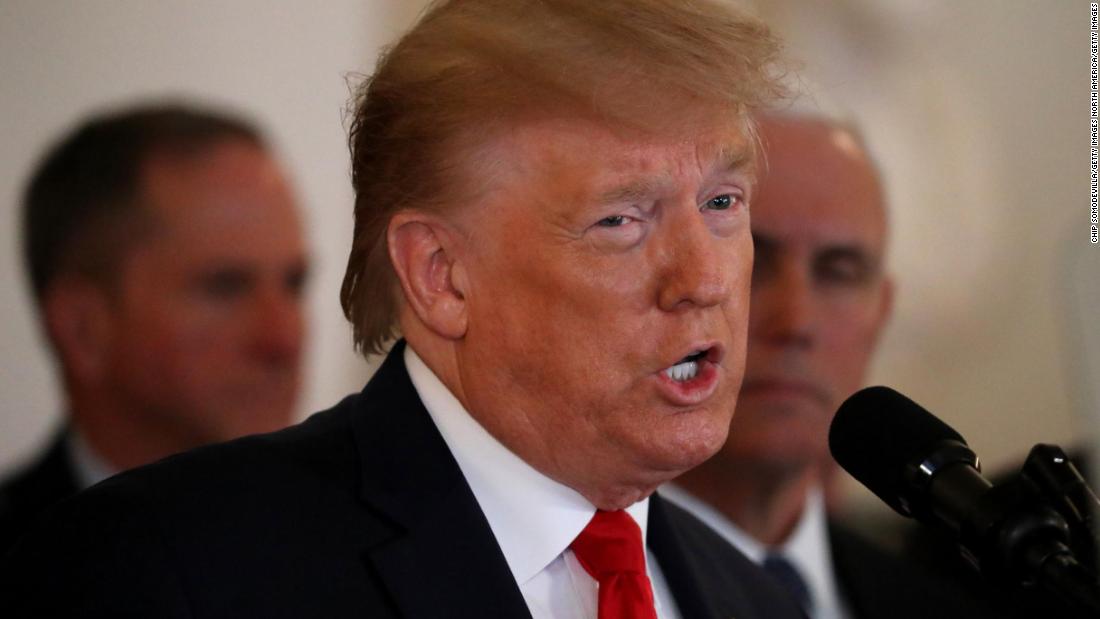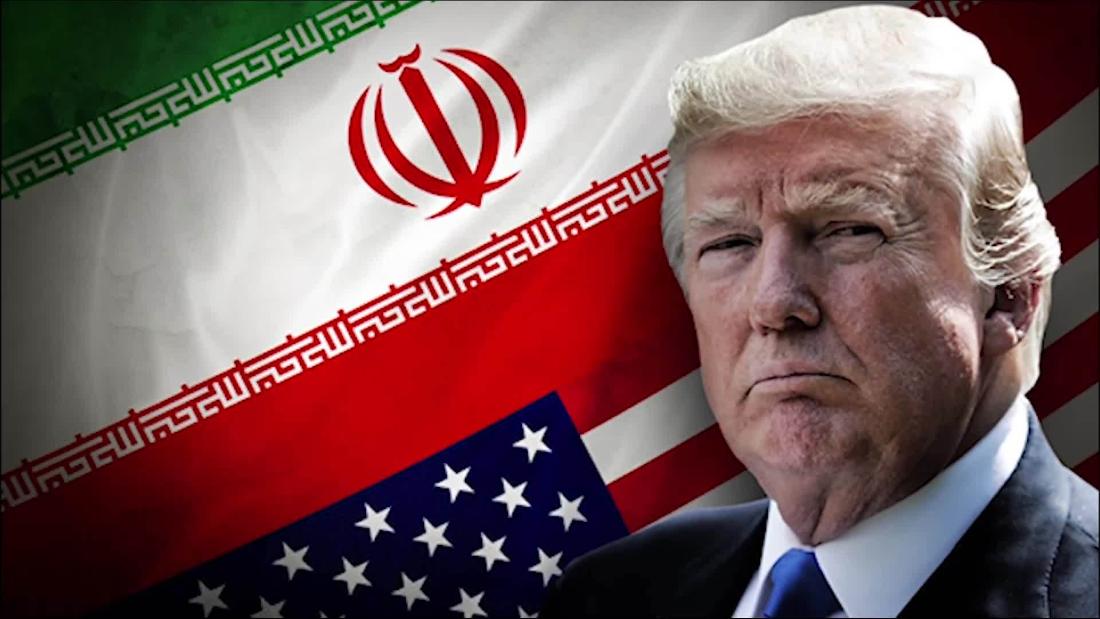Donald Trump is currently a bigger headache for Europe than Iran

London (CNN)This week’s escalation in tensions between Iran and the US has exposed an uncomfortable reality for many of America’s friends in Europe.
The Iran deal, which was signed under the auspices of the European Union, is the single biggest foreign policy achievement in the EU’s history.
It was the EU that drove efforts to get all of the significant parties to the table. In doing so, it not only encouraged Iran to engage with the West, but it crucially created a forum in which the EU could start to navigate what is now its chief aim in foreign policy. “The EU’s top priority is balanced relations between the big two: China and America,” said Steven Blockmans, head of foreign affairs at the European Center for Policy Studies.
Europe’s China problem is acute. The continent’s stagnating economies benefit from Chinese investment, but that often comes with the potential security risk of allowing state-owned Chinese companies like telecoms giant Huawei to operate in Europe.
For its part, China is only too happy to cement its position as a major influence in Europe, home to some of the largest economies on the planet.
Historically, China and Iran have good diplomatic relations. These improved after the signing of the JCPOA, as Chinese investment in Iran increased and continued even after Trump withdrew from the nuclear deal.
Something that China and Iran also have in common is poor relations with Trump. He has tried to marginalize both countries by entering into a trade war with one and imposing sanctions on the other.
Meanwhile, Iran has friendly relations — diplomatically and militarily — with Russia, another state that the EU must maintain a complicated balancing act with. Many EU nations rely on Russian investment and natural resources, while major European financial centers, including London, have seen huge investments from wealthy Russians looking to get their money out of Russia.
However, in recent years, Europe has imposed financial sanctions on Russia, following Russian interference in European nations, ranging from waging misinformation campaigns to the state-backed assassination of Russian dissidents. And Western European nations have been among the most vocal in standing against Russia’s illegal annexation of Crimea in the east of Ukraine.
In asking his European and NATO allies to have a bigger involvement in his standoff with Iran, Trump is essentially asking them to make a choice: stay on good terms with new friends in Beijing, Moscow and Tehran; or fall in line behind its old ally, despite the fact it’s currently led by a man who is considered worryingly erratic by most European diplomats and might not even be in office after this year.
Then again, he might be. Europe has to have a long, hard think about what the implications of a second Trump term could be. Four more years, sure. But what would it mean for the long-term politics of the most powerful nation on earth, and can America ever go back to how it was before?
Complicating the decision for the EU, at least, is the fact that one of its most powerful members is leaving the bloc in less than a month. “The UK is leaving the EU at a time when Trump is trying to renegotiate the transatlantic relationship,” said Mark Leonard, director of the European Council on Foreign Relations. “There’s a danger that as Britain leaves the EU, it puts getting trade deals above all else.”
Sitting at the top of the UK’s hit list in terms of trade are the EU and the US — and the latter is a political priority for London. But most trade experts believe that a comprehensive deal with one sinks the chances of doing so with the other.
A good example of how difficult a balance this is for UK Prime Minister Boris Johnson can be seen in how he has both supported the US in its strike that killed Iranian military chief Qasem Soleimani, while also telling Tehran that he has every intention of continuing to support the JCPOA. It’s unclear how long maintaining both positions remains viable — especially in the wake of the deaths of four Britons among the 176 who lost their lives in the Tehran plane crash that Iran has admitted responsibility for.
The Iran crisis has pulled back the curtain and revealed the much more complicated shifting power dynamics facing Europe.
The EU wants to manage the China-US balance; the UK wants to manage its US-EU balance and both the US and China want to shove each other out of the way for strategic primacy on the continent. And at the moment, it’s the White House that is acting with the most purpose.
In 1948, President Harry Truman signed into law the Marshall Plan, which saw the US send Western Europe billions of dollars in order to rebuild itself in the aftermath of two world wars.
In 2020, another American president is arguably a far bigger disruptor to the old continent than, China, Iran or Russia. What a difference 72 years can make.
Read more: https://www.cnn.com/2020/01/11/europe/trump-europe-iran-intl-gbr/index.html




